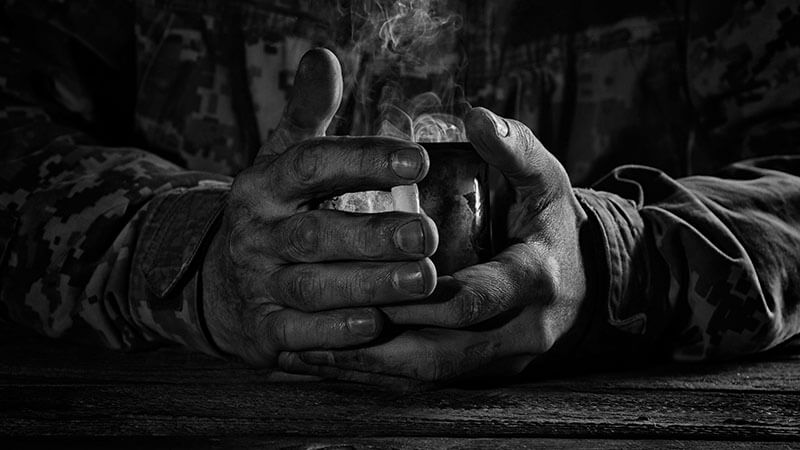
The United States is home to a veteran population of approximately 20 million, many of whom face distinct health challenges compared to non-Veterans. Military service instills a well-defined culture rooted in values, codes of conduct, and customs. While this culture fosters resilience and discipline, it also means Veterans often encounter unique physical and mental health issues.
Advances in medicine have enabled many Veterans to survive once-fatal injuries, but this progress can come with a significant impact on mental health. Veterans Aid programs and long-term care planning play a vital role in bridging the gap between military and civilian life by addressing health concerns and providing essential support resources.
What Unique Health Challenges Do United States Veterans Face?
1. Mental Health Disorders
33% of Veterans are diagnosed with at least one mental health disorder. From 2006 to 2010, 2.1 million Veterans received mental health treatment from the Department of Veterans Affairs. Only about one-third of those diagnosed with a mental health issue actually seek treatment. Often, Veterans feel embarrassed or shame about needing mental help. It is important for family and friends to help change this stigma, and ensure Veterans get the help they need.
2. Substance Use Disorders
The extreme stress of military service causes Veterans to often seek out a vice. Such vice may take many forms, such as alcohol, tobacco, or drugs. A 2013 study titled, “Enhancing veteran-centered care: a guide for nurses in a non-VA setting” found that both cigarette and alcohol consumption is higher among Veterans than the general population. Medical research finds that treatment of an underlying condition, such as post-traumatic stress disorder (PTSD), reduces tobacco and alcohol consumption in some Veterans. Sometimes, long-term care is required.
3. Post-traumatic Stress Disorder (PTSD)
PTSD results from directly or indirectly experiencing a traumatic event. Military personnel are nearly four times as likely to be diagnosed with PTSD. The American Psychiatric Association diagnoses PTSD with the presence of four symptoms: intrusive symptoms (flashbacks), avoidance of reminders (isolation), negative thoughts and feelings, and exaggerated reactivity symptoms. Social support is a large facet of the treatment plan for Veterans with PTSD.
4. Depression
Depression is among the most treatable mental health disorders that Veterans face. Although likely underdiagnosed, the National Alliance on Mental Illness states that the depression rate for Veterans is 14%, but the treatment success rate is between 80-90%. If you know a Veteran who you believe is suffering from depression, it is vital that you encourage them to get help. There is nothing “weak” or embarrassing about seeking help, and depression is often treatable.
Transition to Civilian Life
Veterans often have a challenging time acclimating to civilian life after being at war for any length of time. However, providing them with a strong support system, along with all of the help available to them through private care and the Department of Veterans Affairs, they can experience a smooth transition to civilian life.
We help Veterans and their families plan for long-term care. If you would like to learn more or would like help, please contact us today.







